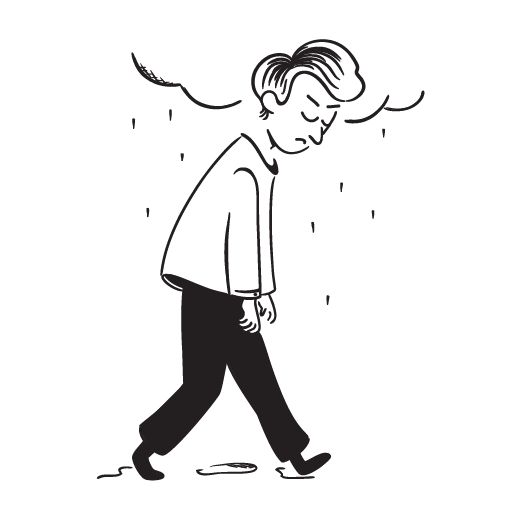'The Call of the Wild' by Jack London
Buck, the dog, had never experienced the harshness of the Alaskan wilderness before. He had been stolen from his comfortable home in the Santa Clara Valley and thrust into a world where only the strong survived. The cold was unlike anything he had ever felt, it bit at his paws and froze his breath in the air. The snow was deep and treacherous, hiding obstacles that could easily injure or kill him.
As Buck struggled to pull the sled through the snow, he could feel the ice forming on his fur, weighing him down. The wind howled around him, making it difficult to hear the commands of his human masters. He had to rely on instinct and the guidance of the lead dog to navigate the treacherous terrain. The other dogs in the team were just as inexperienced as he was, and they stumbled and fell frequently, causing the sled to tip over and the precious cargo to spill out.
The men shouted and cursed at the dogs, but Buck knew that they were just as much at the mercy of nature as he was. The men were cold and hungry, their faces red and raw from the wind. They relied on the dogs to transport them and their supplies to the next camp, and Buck could sense their desperation.
As the days passed, Buck grew stronger and more adept at navigating the wilderness. He learned to conserve his energy, to pace himself so that he could last the entire day. He learned to recognize the signs of danger, like thin ice or hidden crevasses. And most importantly, he learned to trust his instincts, to listen to the call of the wild that echoed in his heart.
But no matter how much he learned, the wilderness remained a formidable foe. It was a constant battle to survive, to find food and shelter, to avoid predators and natural disasters. Buck knew that he could never let his guard down, that he had to be ready for anything. The wilderness was unforgiving, and it would take all of his strength and cunning to overcome it.



